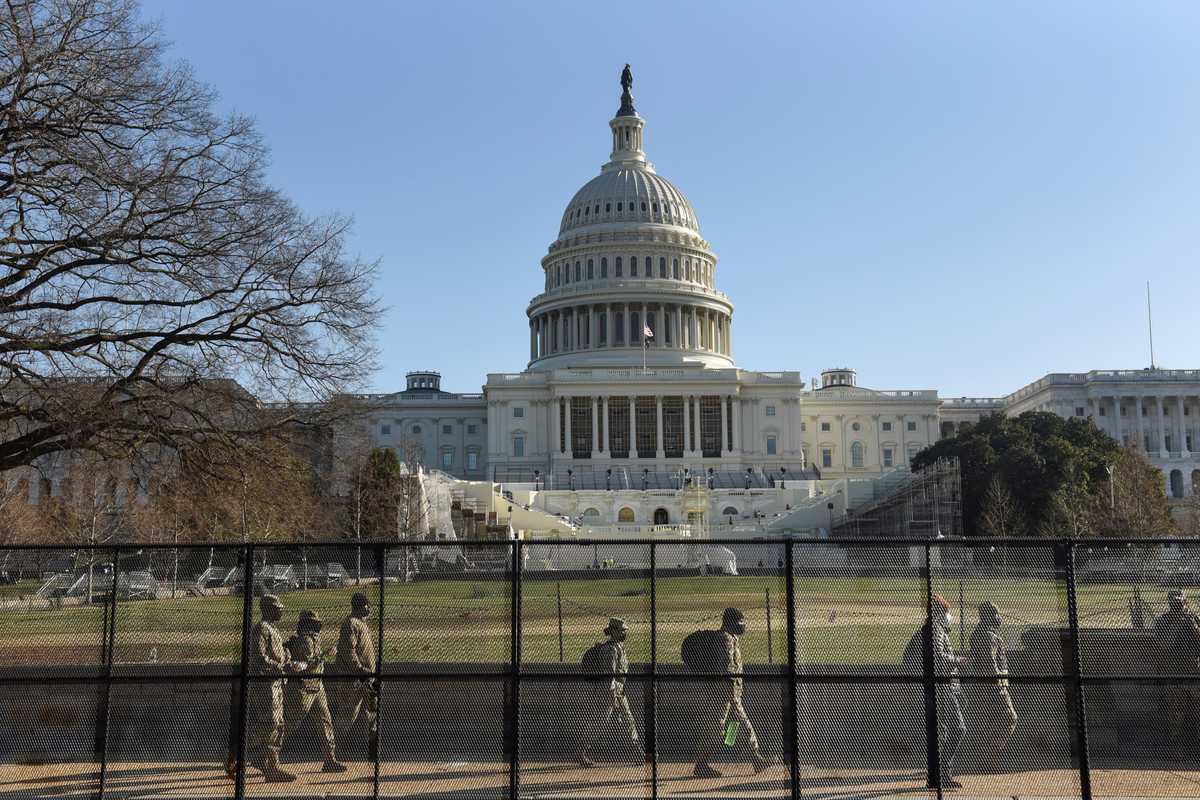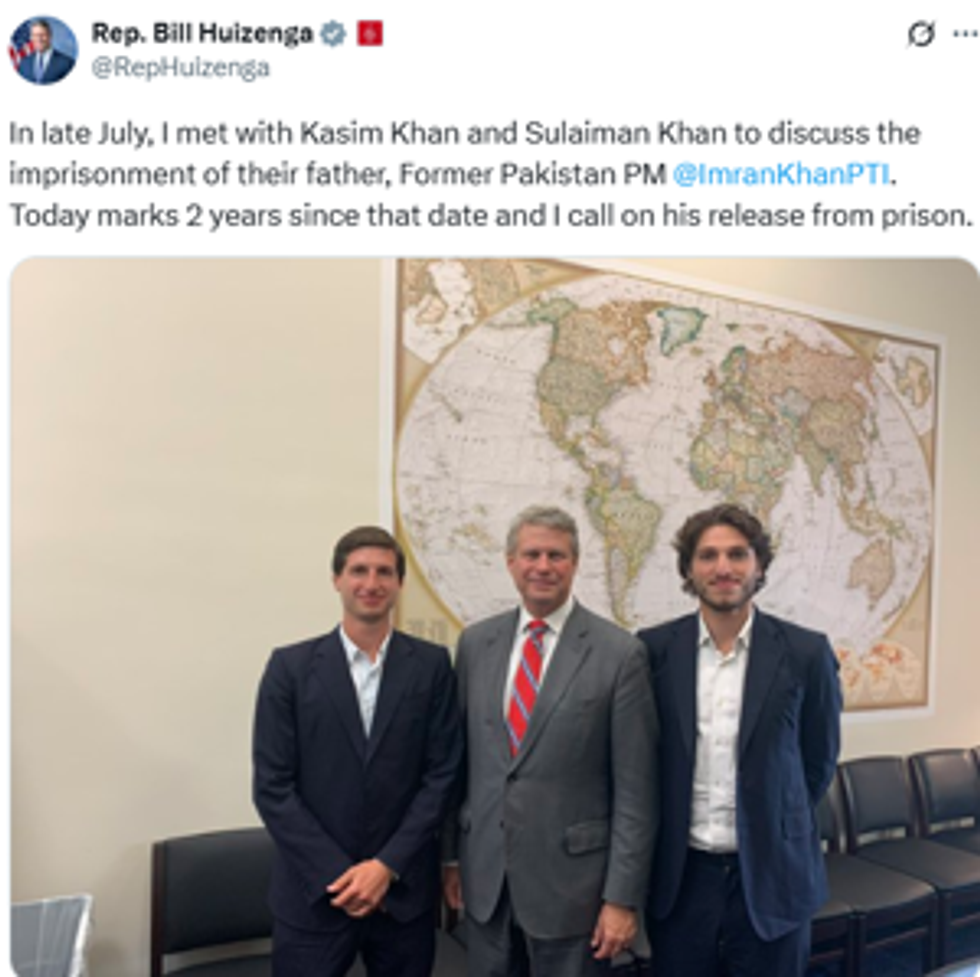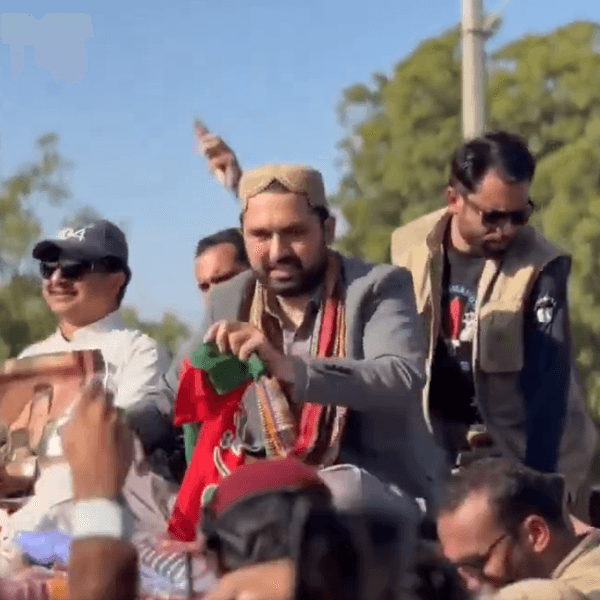Bipartisan US bill seeks sanctions over Pakistan's human rights abuses
US lawmakers propose sanctions on Pakistani officials linked to rights abuses and democratic backsliding
News Desk
The News Desk provides timely and factual coverage of national and international events, with an emphasis on accuracy and clarity.

A bipartisan group of U.S. lawmakers has introduced the Pakistan Freedom and Accountability Act, which would authorize sanctions against current and former Pakistani officials involved in human rights violations or efforts to undermine democracy.
The legislation would allow the U.S. president to impose sanctions under the Global Magnitsky Human Rights Accountability Act on Pakistani government, military, or security officials found responsible for serious rights abuses or actions against democratic institutions, according to the Pakistani American Public Affairs Committee.
The bill also reiterates U.S. support for democratic processes and free elections in Pakistan. It has been referred to the House Foreign Affairs and Judiciary Committees for consideration.
The bill builds on House Resolution 901, which passed with broad support in 2024. That resolution called for the protection of human rights, the rule of law, and free elections in Pakistan.
Statements from lawmakers
Rep. Bill Huizenga said the legislation “sends a strong message that the United States will not turn a blind eye to human rights abuses or democratic erosion.”
Interestingly, Huizenga met Qasim and Sulaiman Khan — sons of jailed Pakistani opposition leader Imran Khan — during their U.S. tour this summer.

Rep. Kamlager-Dove added, “As Pakistan experiences a democratic backslide, we must use our tools—including sanctions—to hold those responsible accountable.”
Rep. Julie Johnson said the bill shows that “those who undermine elections or violate fundamental rights will face consequences.”
Role of advocacy groups
The initiative has gained traction among Pakistani-American advocacy groups, who have long raised concerns over political repression, military interference in civilian affairs, and the detention of opposition leaders.
Asad Malik, former president of the Pakistan-American Public Affairs Committee, said the bill “sends a clear message that violations of human rights and democratic norms won’t go unnoticed.”
Dr. Malik Usman of First Pakistan Global, a diaspora advocacy group, welcomed the legislation and called for the release of all political prisoners in Pakistan, including former Prime Minister Imran Khan.
“This effort reflects years of community engagement and advocacy,” Usman said. “It’s time for democratic accountability in Pakistan.”
Next steps
The bill’s bipartisan support and connection to earlier legislative efforts could help it advance through Congress. If enacted, it would expand U.S. policy tools for responding to political repression and rights violations in Pakistan.







Comments
See what people are discussing